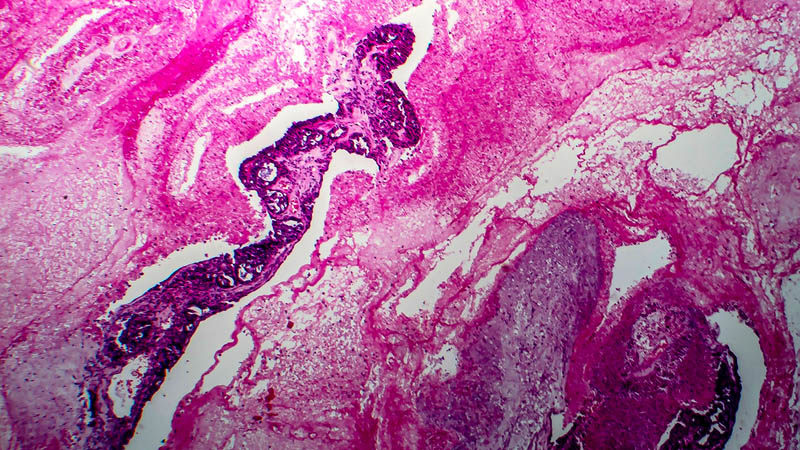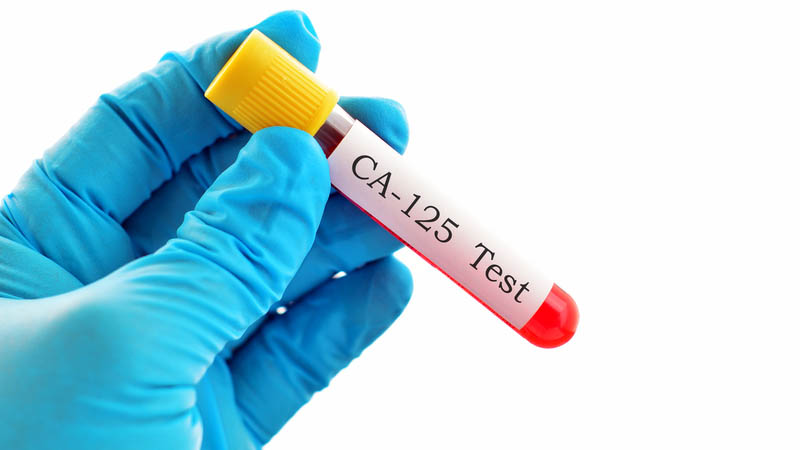Cancer: health hazard resulting from attempted health protection
Rudolf Klimek
 Affiliacja i adres do korespondencji
Affiliacja i adres do korespondencjiCancer, a popular name of neoplasm and/or neoplastic diseases, is inseparably bound with equally popular definitions of life, health and death, the former and the latter being natural phenomena. The essence of life continuous, spontaneous and mutual exchange of matter and energy, whereby a significant role is played by information about their state as unity of apparent contrasts. The key issue is that life does not arise de novo, but is passed on. Neoplasm is a final cellular form of life of multicellular organisms, able to prolong life processes by dissipative self-organization of cells threatened by death. Its exceptionality consists in the fact that self-organization of tumors can prolong life in daughter cells only, and only as long as affected host lives, becoming increasingly sick due to increasing tumor-dependent dissipation of matter and energy. Clearly increased dissipation of matter and energy by tumor cell in a hitherto normal tissue is the first and non-specific, but still a universally recognized information about local ineffectiveness of host organism. A sufficiently efficient host organism as a whole is able to use its defense mechanisms not only to destroy such a cell featuring an alien neoplastic identity, but also to eliminate dissipative states in cells threatened by death in own tissue. This process, occurring in multicellular organisms, apart of proliferation and apoptosis, determines the size of cellular populations in tissues and organs. From this point of view, carcinogenesis is also a potent quantitative and qualitative regulator of tissues.









